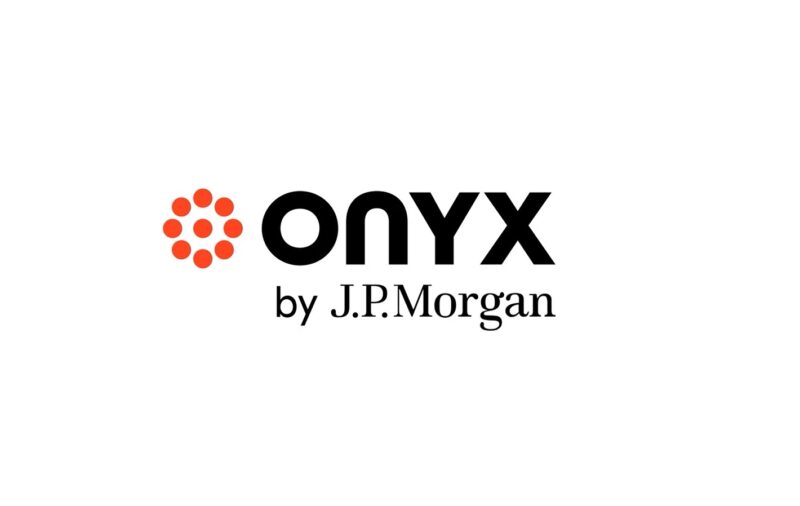Quick take:
- The US investment banking giant is expanding its web3 strategy with blockchain-based identities.
- The new product will be developed via the company’s blockchain subsidiary Onyx.
- JPMorgan wants to enable people to store, share and view all their digital assets in one place.
JPMorgan has announced plans to develop a blockchain-based identity system. The global investment banking giant is expanding its web3 strategy via its subsidiary Onyx launched in 2020.
Onyx was created to drive JPMorgan’s web3 strategy. The unit currently offers services through four verticals including Liink, which allows financial institutions to exchange payment-related information via the blockchain.
Closely related to Liink is another product Coin Systems, which enables instant transfer and clearing of multi-bank, multi-currency assets on a permissioned distributed ledger. On the other hand, Onyx Digital Assets is an exchange-like platform that enables the exchange of value for different types of digital assets.
Its fourth major product is blockchain launch, which is basically the unit tasked with developing and commercializing new applications, networks and shared platform technology.
Although Onyx calls its plans to develop a digital identity system a proof of concept rather than a live product offering, the company provides clear details about what the product intends to achieve.
Based on a short video shared on the JPMorgan website, digital identities will enable digital asset traders and collectors to secure their identities while interacting with web3 products including the metaverse, purchasing and storing NFTs, as well as, decentralised finance (DeFi) platforms.
Onyx goes even further to suggest that getting a web3 identity will enable users to provide specified information for specific services, allowing them to share only what they want. Users could take advantage of Buy Now Pay Later (BNPL) options by simply using their credit score, eliminating the need to provide proof of NFT ownership, the narrator states.
An NFT is a cryptographic digital file that provides proof of ownership a collectible, a JPEG, digital merchandise, artwork, or music track. Since the beginning of 2021, NFTs have become a trendy buzzword amid the influx of celebrities and mainstream brands, backed by a continuous inflow of venture funding.
However, as brands and web3 startups continue to onboard million into web3, the space has become a major target of hackers looking to capitalise on the less aware crypto enthusiasts looking to make their first on-chain transaction.
Cases ranging from NFTs scams originating from typical phishing links to cross-chain bridging protocol exploits have all seen the industry lose billions in the space of two years.
The problem has been inflated by the fact that users can log in to multiple communities in a day, and at times use different identities. Web3 identities could reduce this risk by creating one single identity that serves both as a profile when logging in to communities and marketplaces and storage for all digital assets owned by a trader.
“Web3 demands a new way for us to interact with digital assets, protect our identities and access the Web3 economy. Onyx by J.P. Morgan is on the forefront of exploring a future that enables us to seamlessly traverse digital realms in a trusted way. This future calls for the ability to store, view and share your digital assets that are bound to your digital identity, all in one place,” JPMorgan wrote on its website announcing Web3 identities.
Stay up to date:





